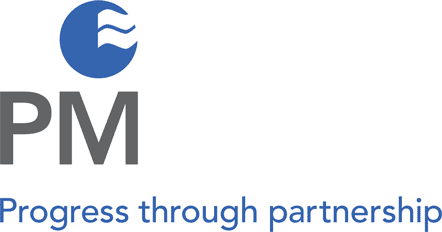By a general practice pharmacist
March 2020 is one that many of us working as front line Pharmacists will not forget in a hurry. Methods of patient care and interactions with colleagues we took entirely for granted were turned on their head. Rapid decision making had to be taken to prioritise workload and patient care. Pharmacists worked collaboratively with GPs and others within the MDT team to deliver on this. The learning curve was one of the steepest and fastest paced I had experienced in my clinical career to date to ensure effective delivery of patient care in the most unprecedented of times.
As I now take stock, I have to reflect on those changes which will bring meaningful and long lasting change to how I work. A common word I settle on is collaboration. Covid-19 has encouraged collaboration across all the various pharmacy sectors working together to deliver patient care. The improved collaboration has been derived from another “c”, communication. New methods of communication have been embraced from using text message and video calls to contact patients, emails between community pharmacy colleagues and secondary care colleagues and the various online training platforms utilised, completely new to many of us pre March 2020. These platforms delivered the training so vitally needed to keep us up to speed with the evolving clinical picture associated with COVID-19.
I am hopeful that these new methods are here to stay; the new ways to communicate with patients allows us to reach those previously unreachable patients who couldn’t attend for review due to work commitments for example. The fears regarding our older patients not being able to use these methods are unfounded as many are confident silver surfers. The online learning has done much to increase the competence of us Pharmacists and that in the long run will do much to improve the care we deliver to patients in the longer term.
As a leader in Pharmacy, a further “c” I focus on is compassion, primarily compassionate leadership. The weekly Thursday night clap demonstrated the compassion and gratitude of the general public for those working front line during the COVID-19 pandemic, it meant so much to each off us continuing to work for the NHS. As a leader I have learned that demonstrating compassion to those I lead; regularly checking in with members of my team, recognising when times are hard giving people the time to reflect and adapt and demonstrating kindness creates a cohesive and resilient team in the long run. These are behaviours I intend to maintain and build on going forward.
COVID-19 has undoubtedly brought many challenges and difficulties, tough days in work and I won’t miss the daily donning and doffing of PPE. However, this reflection has brought some other words beginning with C- Compassion, Collaboration, Competence and Communication, which I hope will remain the lasting positive legacies from COVID-19 for Pharmacists.
